Understanding nutrients in tropical rainforests
Christopher Bengt talks about carrying out research for his PhD amongst the rainforests and volcanoes of the Philippines.
11/01/2024 By BGS Press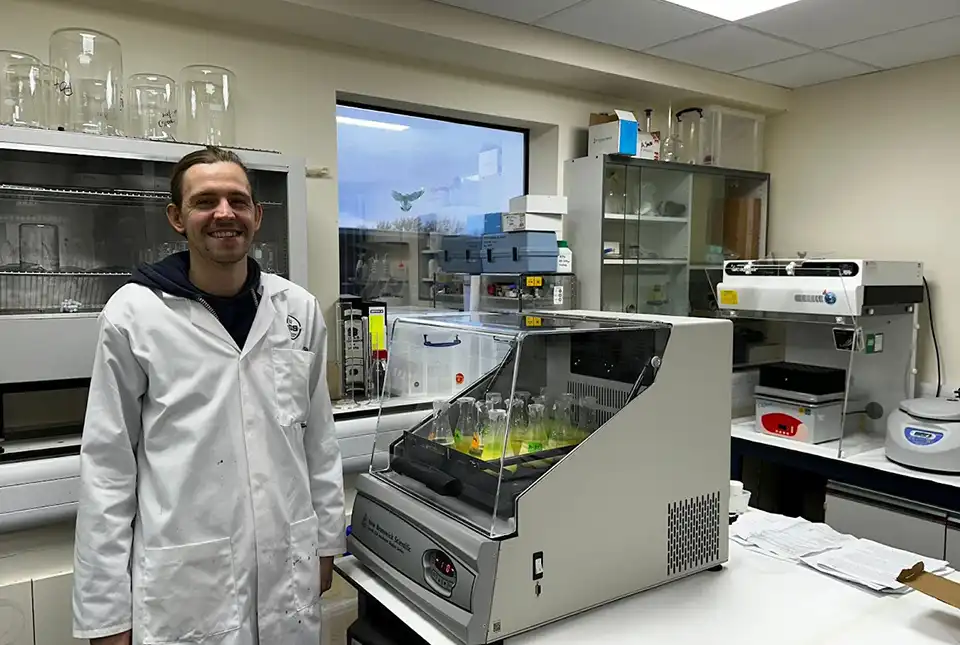
My name is Christopher Bengt and I am first-year PhD student enrolled at Lancaster University and I am being hosted at the BGS by the Stable Isotope Facility. My PhD is funded through the Envision Doctoral Training Partnership and the BGS University Funding Initiative. My research aims to understand fundamental questions about how tropical forest composition, structure and flowering dynamics are affected by the concentrations of essential nutrients, importantly phosphorus, in the soil.
My previous research
Prior to taking this post, I completed my master’s degree (MRes) in biological science at Birkbeck, University of London, where I studied the extraction of DNA from archaeological animal bones. This work involved using a number of analytical methods to assess the level of damage to the bones, indicating the extent of preservation of ancient DNA. Whilst studying, I also worked on immune response to vaccines and infectious diseases as a laboratory technician at the World Health Organisation Pneumococcal Serology Reference Laboratory at University College, London. All these skills stand me in good stead for my PhD, which will have significant laboratory and fieldwork requirements.
Tropical rainforests
Tropical rainforests are the oldest living and most complex ecosystems on Earth, with evidence from fossils and pollen dating back 70 million years. Being in the tropics, the rainforests have a stable climate consisting of warm temperatures, high precipitation levels and high levels of solar irradiation, providing essential conditions for highly productive forests. The stable climate, abundant resources and millions of years of evolution mean biodiversity in tropical rainforests has flourished, resulting in countless species with specialised adaptations.
The effect of volcanoes on tropical ecosystems
Unexpectedly for such diverse and productive ecosystems, rainforest soils are often of poor quality, with low concentrations of nutrients including carbon, nitrogen, potassium, and phosphorus. However, in areas such as the Philippines (my study area), volcanic eruptions can deposit nutrient-rich ash directly into the tropical rainforest environment. Volcanic ash is composed of fine rock particles that can be expelled and then deposited over vast areas, many kilometres from the original site of eruption. These particles contain essential nutrients such as potassium and phosphorus, and it is hypothesised that these may be critical for soil enrichment.
Whilst volcanic eruptions can pose an immediate threat to local ecosystems, the aftermath may help foster these fertile environments. The relationship between volcanoes and nutrient-rich soils underscores the dual nature of these natural phenomena that are both destructive and transformative.
Past records of climate
To better understand the relationship between volcanoes and tropical ecosystems, we must explore past records of volcanic activity and forest productivity. These are often best found within lake sediment archives.
Lakes serve as repositories of environmental history through the sediments that accumulate at their bottoms. The sediments are composed of organic and inorganic materials and encapsulate a wealth of information, telling us about crucial nutrients (including phosphorus) and serving as archives of ecological changes. My project will analyse both the nutrient makeup of the lake sediments and the ancient DNA preserved within them. In combination, these records will allow us to investigate the links between nutrient dynamics, ecosystem productivity and plant and tree diversity.
For my project, I will undertake a fieldtrip to Lake Bulusan at Mount Bulusan, one of the most active volcanoes in the Philippines, which is surrounded by rainforest. Cores of the sediment from the lake will be brought back to the UK to interrogate the geochemical signatures trapped within them. The sediment cores will also be sent to the University of Copenhagen, Denmark, to extract and analyse modern and ancient DNA.
These records should tell us more about how climate, volcanic activity and biological history are linked throughout the last 2000 years. This multiproxy approach will uncover critical information regarding the modern phosphorus cycle and soil limitations, as well as the true impact volcanic events have had on the phosphorus cycle in the palaeorecord and, in turn, the development and flowering of the surrounding tropical forest. The findings could potentially offer a ‘step change’ in our understanding of tropical forest development in volcanically active regions.
About the author
Christopher Bengt is a first-year PhD student enrolled at Lancaster University. His PhD is funded through the Envision Doctoral Training Partnership and the BGS University Funding Initiative.
Relative topics
Related news

What is the impact of drought on temperate soils?
22/05/2025
A new BGS review pulls together key information on the impact of drought on temperate soils and the further research needed to fully understand it.
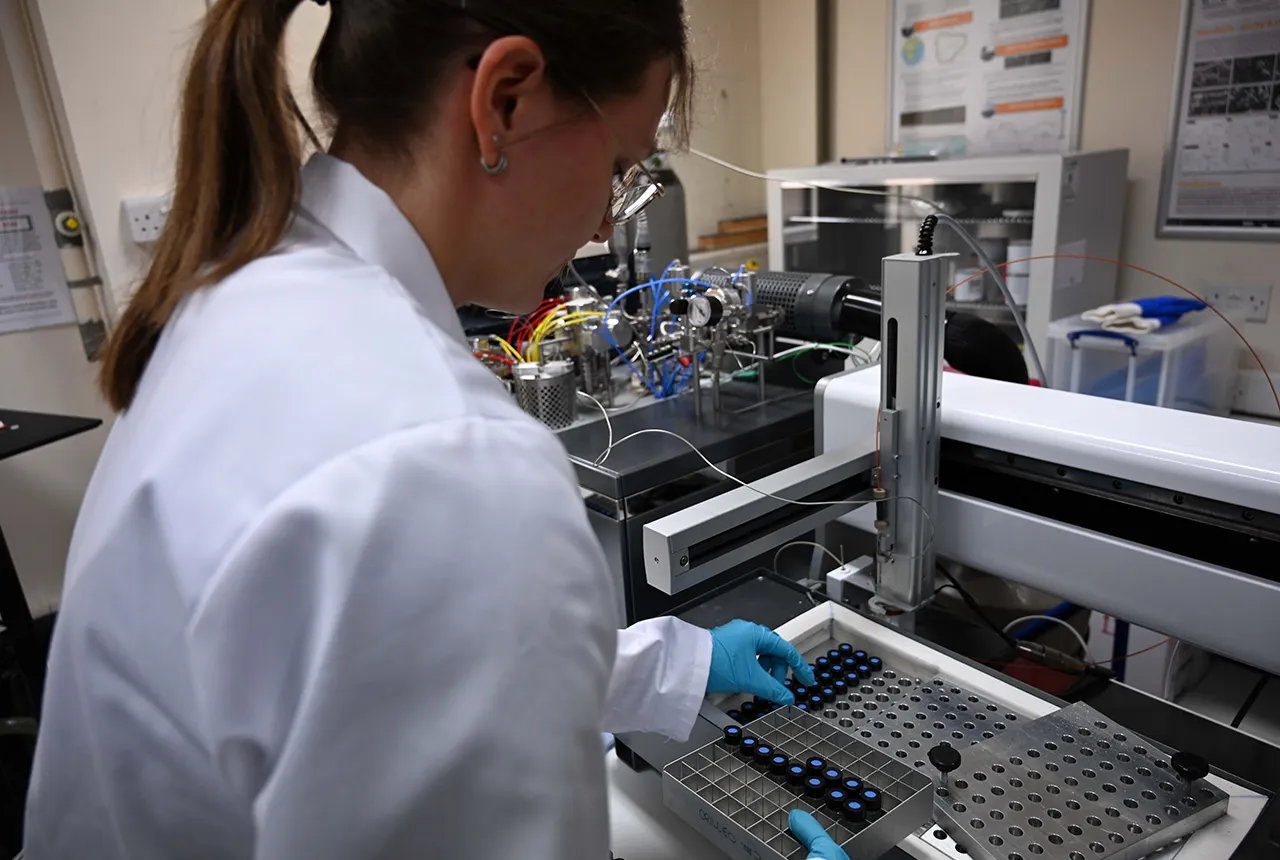
Carbon and oxygen isotope analysis of carbonates and the development of new reference materials
18/12/2024
Dr Charlotte Hipkiss and Kotryna Savickaite explore the importance of standard analysis when testing carbon and oxygen samples.
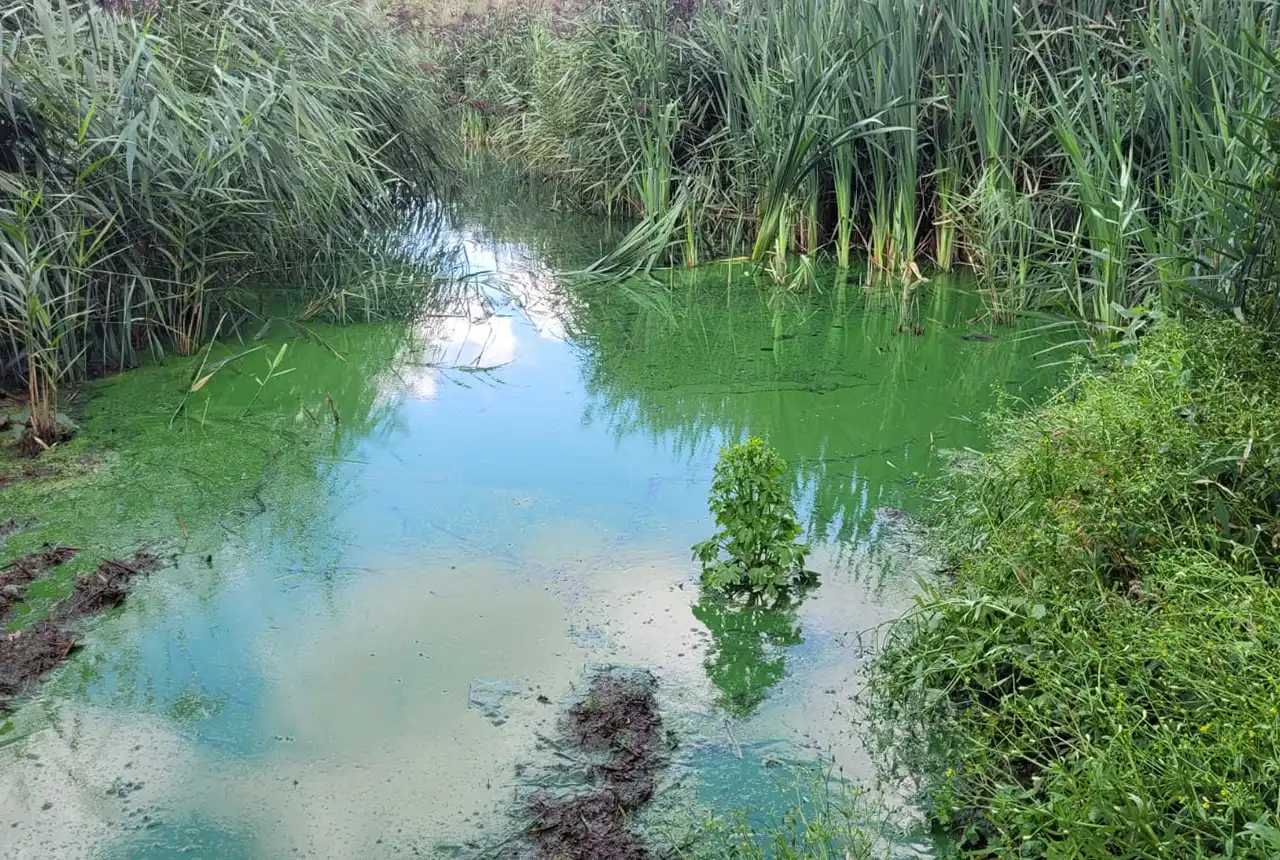
Studying oxygen isotopes in sediments from Rutland Water Nature Reserve
20/11/2024
Chris Bengt visited Rutland Water as part of a project to determine human impact and environmental change in lake sediments.
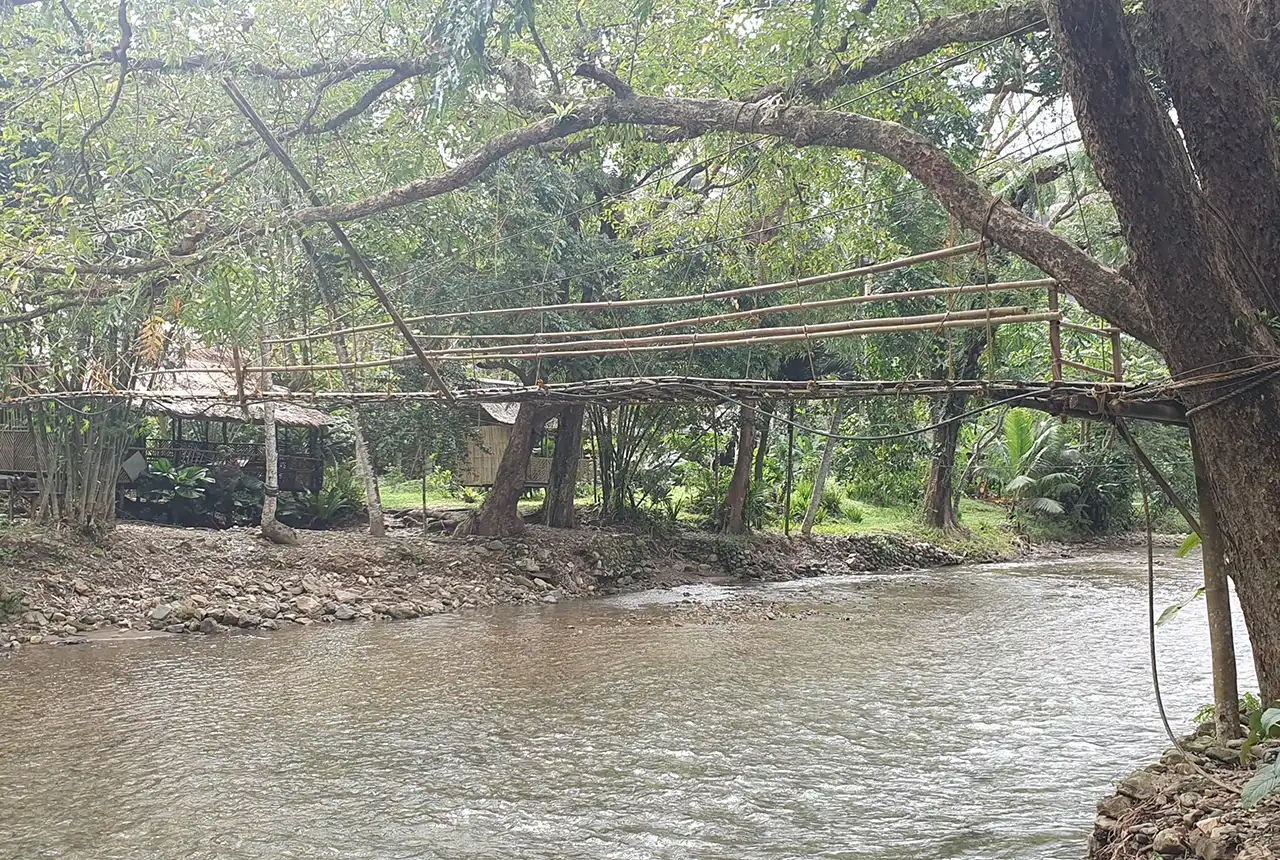
UK–Philippine partnership to help tackle the challenges of future water security in the Philippines
07/11/2024
New ‘hydrological hub’ to foster research and provide essential national water management datasets and tools.
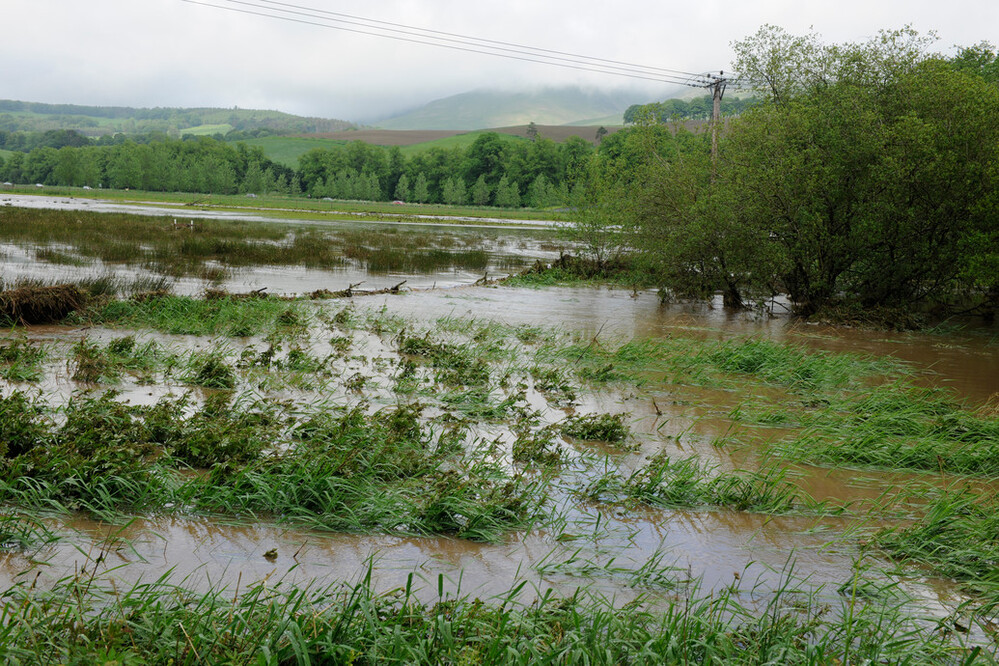
New £38 million project to reduce the impact of floods and droughts
02/09/2024
BGS will take a leading role in efforts to better predict the location and effects of extreme weather events.
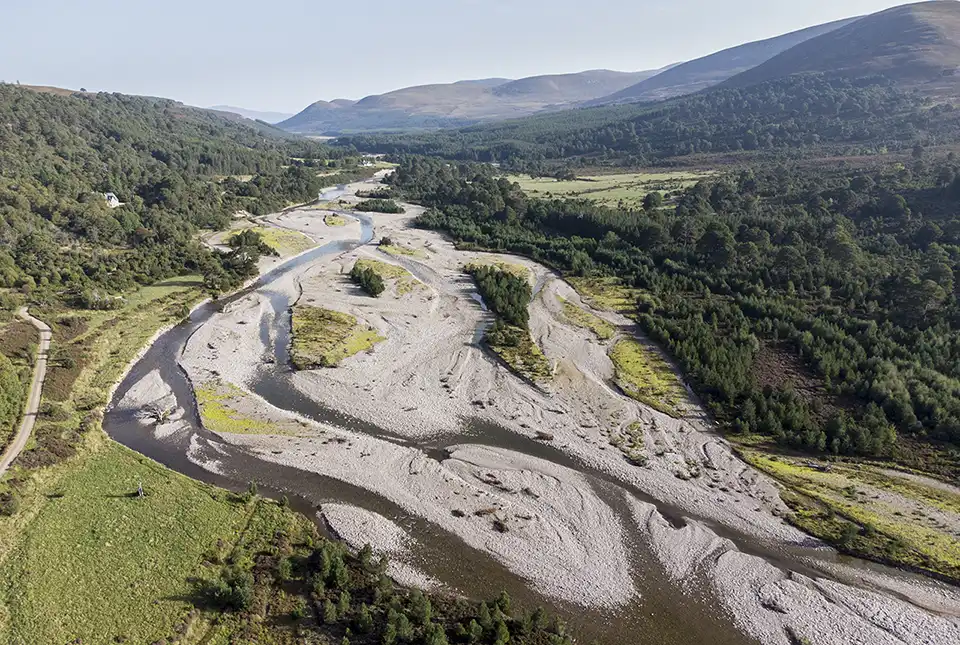
Warnings for Scottish farmers and distillers as new data indicates climate change may double number of droughts
23/07/2024
The agricultural and distilling sectors could face significant challenges after research finds the number of droughts in Scotland may double in the next 25 years.
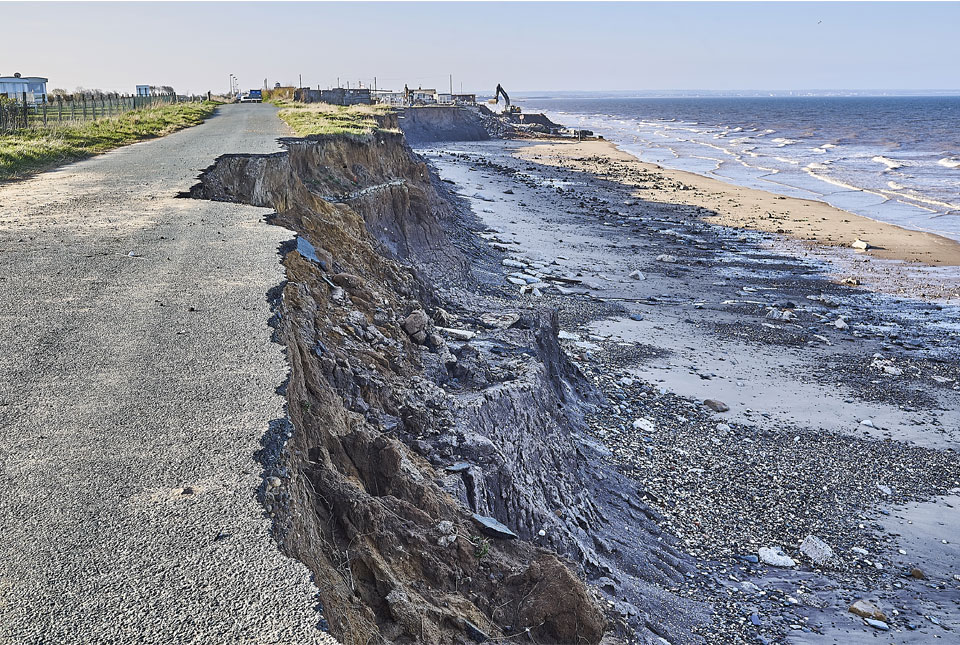
Spotlight on BGS coastal erosion data
18/07/2024
BGS GeoCoast data can support researchers and practitioners facing coastal erosion adaptation challenges along our coastline.
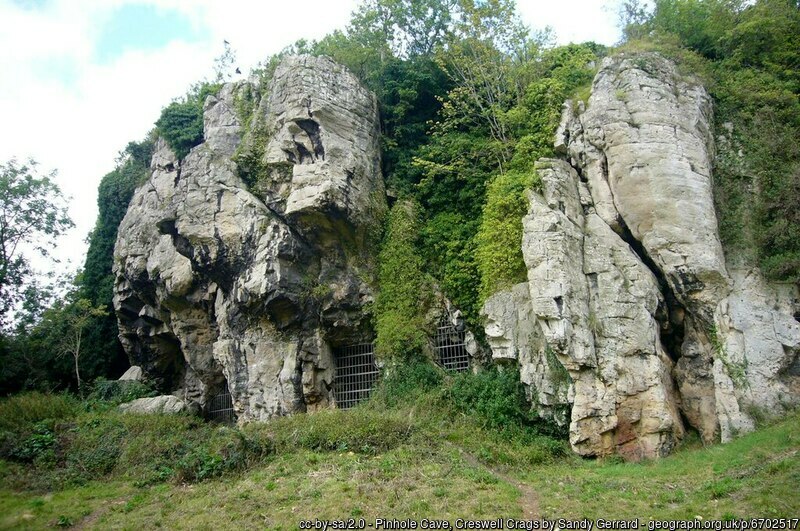
Creswell Crags Museum collections offer insight into the past and future of wolves
12/07/2024
Bones found at the site are helping scientists to understand the diet of wolves and how they differ over time.
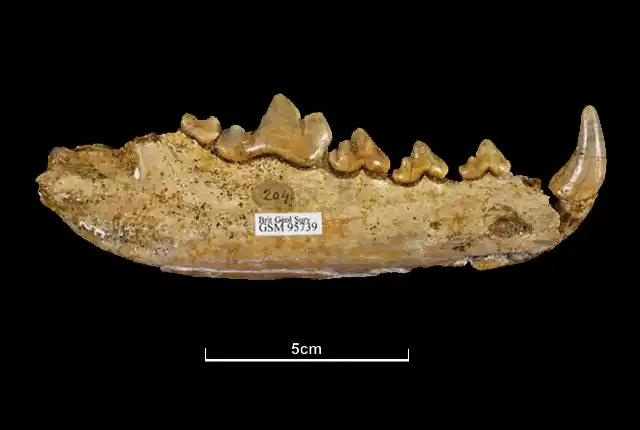
Hungry like a wolf: new insights from old bones housed in the BGS museum collections
18/01/2024
BGS scientists are studying the diets of ancient British wolves and how they adapted to changing environments.
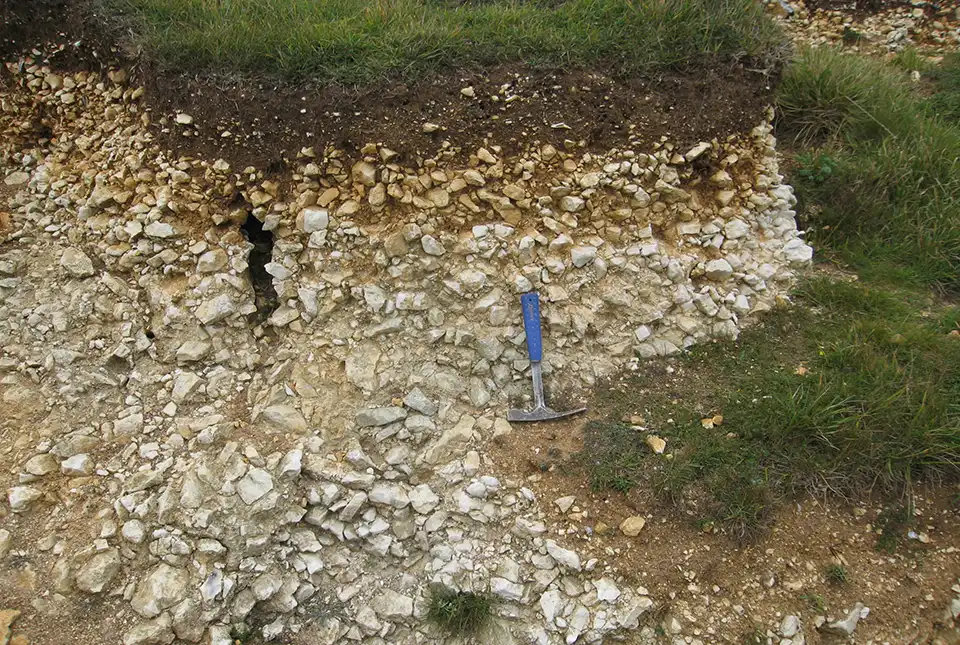
How BGS is helping the farming sector of Great Britain
17/01/2024
New legislation concerning soil management and technology in modern farming has led to an increase in enquiries about BGS’s Soil Parent Material Model.

Understanding nutrients in tropical rainforests
11/01/2024
Christopher Bengt talks about carrying out research for his PhD amongst the rainforests and volcanoes of the Philippines.
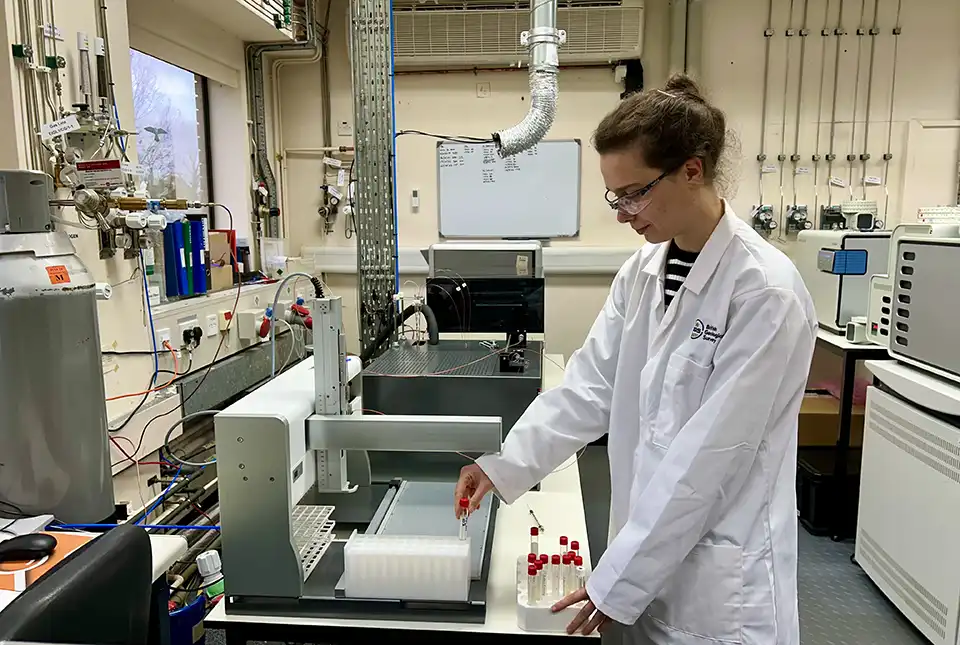
My role as a stable isotope research assistant
19/12/2023
Charlotte Hipkiss has recently taken up a new position in the National Environmental Isotope Facility at BGS and gives us a little insight into her new position.


